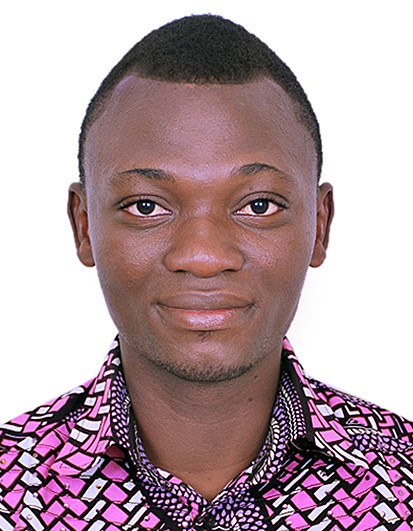
Gabriel Michel Monteiro
Centre:AIMS RIC
Area of Research:Spatial Epidemiology, Spatio-temporal mapping of vector-borne diseases using biological frameworks, Mapping for elimination of infectious diseases, model-based geostatistics, Species distribution modelling, and Public Health Data Science.
Institution:AIMS
No of Students:
Positions
- PhD Students
Awards
Mr. Gabriel Michel Monteiro is a PhD candidate in the MaModAfrica consortium from the African Institute for Mathematical Sciences-Research and Innovation Centre (AIMS-RIC). He is registered for his doctoral studies at International Chair in Mathematical Physics and Applications (ICMPA, Unesco Chair) of University of Abomey-calavi in Benin since October 2023. He graduated in Fundamental Life and Earth Sciences (BSc) in 2013, and in Biodiversity Informatics (MSc) in 2020 from the same University. Building upon his background in ecology from his undergraduate education, he developed his skills in species distribution modelling, remote sensing, GIS and R programming during his master training. He subsequently developed a predictive model identifying suitable habitats for African Elephants. This model enhances decision-making in the conservation efforts of this species in Benin.
Gabriel possesses three years of experience in research on malaria surveillance, malaria analytics, and statistical learning. His work in the field of malaria vectors surveillance recently led to the publication of a peer-reviewed article in the renowned Journal Frontiers in Ecology and Evolution journal.
Currently, as a doctoral Scholar, Mr Monteiro is working on geospatial modelling of malaria hotspots in Benin with experts of infectious diseases modelling, including Dr Luigi Sedda from Lancaster University (United Kingdom) and Dr Luc Salako Djogbenou from the University of Abomey-calavi (Benin). Relying on Bayesian methods for spatio-temporal mapping of vector-borne diseases using biological frameworks, this PhD project aims to provide National Malaria Control Programs across Africa with data-driven tools to design geographically-targeted interventions for more efficacious malaria control.